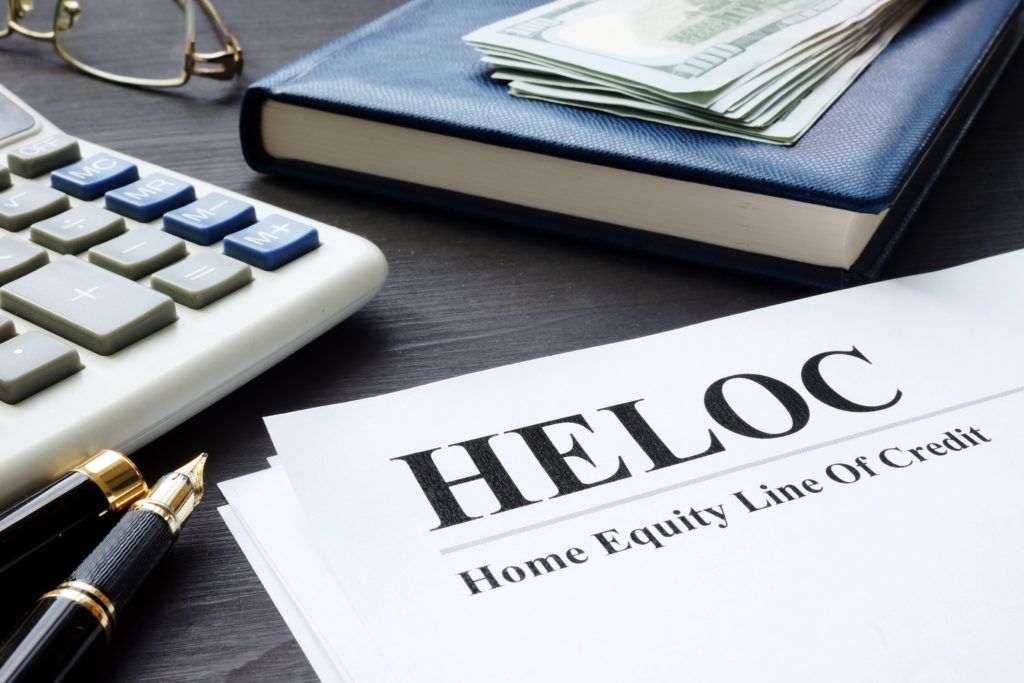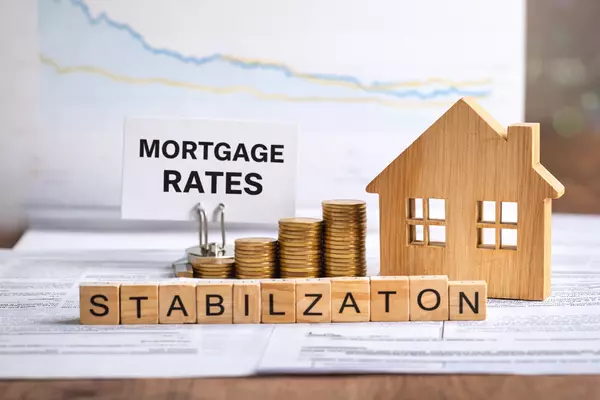Buying vs. Renting: Weighing the Pros and Cons for Your Current Situation
Deciding whether to buy or rent a home is a significant financial choice that impacts your present and future. While both options offer unique benefits, understanding the pros and cons of each is essential for making an informed decision that aligns with your current circumstances and long-term goals. In this blog, we'll explore the advantages and drawbacks of buying and renting, empowering you to assess which option suits your needs and aspirations best.
Buying a Home: The Pros
1. Building Equity
Pro: One of the most significant advantages of homeownership is building equity over time. As you make mortgage payments, you gradually gain ownership of the property, building an asset that can appreciate in value.
2. Stability and Long-Term Investment
Pro: Buying a home provides stability and a sense of belonging in a community. It allows you to establish roots and invest in a property that can appreciate over time, potentially leading to long-term financial gains.
3. Freedom to Customize
Pro: Owning a home grants you the freedom to personalize and customize your living space according to your tastes and preferences. From renovations to landscaping, you have control over the property's aesthetics.
4. Tax Benefits
Pro: Homeownership offers tax advantages, including deductions for mortgage interest and property taxes. These benefits can help reduce your overall tax liability.
5. Predictable Housing Costs
Pro: With a fixed-rate mortgage, you have predictable housing costs, providing stability and security in your monthly expenses.
Cons
1. Higher Upfront Costs
Con: Buying a home typically involves higher upfront costs, including a down payment, closing costs, and other fees.
2. Ongoing Maintenance Responsibilities
Con: Homeowners are responsible for ongoing maintenance and repairs, which can add to the overall cost of homeownership.
3. Less Flexibility to Move
Con: Buying a home can limit your flexibility to move, especially in a competitive housing market where selling a property may take time.

Renting: The Pros
1. Flexibility
Pro: Renting provides flexibility, making it an ideal choice for those who may need to relocate frequently for work or personal reasons. Renters have the freedom to move without the responsibility of selling a property.
2. Lower Upfront Costs
Pro: Renting typically requires lower upfront costs compared to buying a home. Renters avoid expenses such as down payments, closing costs, and ongoing maintenance fees.
3. Limited Financial Responsibility
Pro: Renters are not responsible for major repairs or maintenance costs. Landlords are typically responsible for these expenses, freeing renters from the financial burden.
Cons
1. No Equity Building
Con: Renters do not build equity in the property, as their monthly payments contribute solely to the landlord's income.
2. Limited Control over Living Space
Con: Renters have limited control over the property's customization and must adhere to the rules set by the landlord.
3. Rent Increases and Lease Terms
Con: Renters may face rent increases at the end of their lease term, which can impact their housing budget.
The decision to buy or rent a home depends on various factors, including your financial situation, long-term goals, and lifestyle preferences. Buying offers the opportunity to build equity, long-term investment potential, and the freedom to customize your space. On the other hand, renting provides flexibility, lower upfront costs, and reduced financial responsibility for repairs.
Assess your current circumstances and carefully weigh the pros and cons of both options. Consider factors such as your financial stability, desired length of stay, and the real estate market in your area. Ultimately, the choice between buying and renting should align with your unique situation and aspirations for the future. By making an informed decision, you'll embark on a housing arrangement that brings you comfort, security, and fulfillment.
Recent Posts









GET MORE INFORMATION

